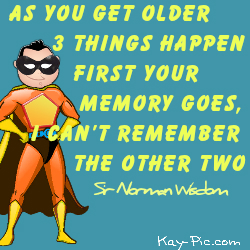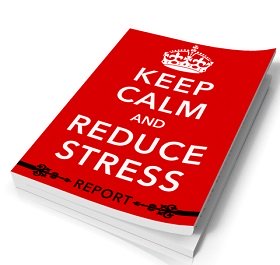Your Anxiety Stress Symptom Decreases with Less Worrying
If you, or someone you know, is plagued by an anxiety stress symptom or symptoms, learn how worrying can contribute to the condition. It is normal to have concerns and worries, but don’t let your worries be all-consuming. Worries are those uneasy feelings when the mind continues to visit upcoming events, anticipating what might happen.
Chronic worrying can affect your daily life and it may begin to interfere with eating, sleeping, office performance and family relationships. If you worry excessively, you risk having an increase in your anxiety levels.
Anxiety often occurs as a reaction to stress in your life. Ongoing anxiety stress symptoms may develop into a panic disorder or generalized anxiety disorder. These symptoms vary and do not discriminate by age, gender or race.
Some situations, such as a auditioning for a new job or preparing for your drivers license test, can cause anxiety. Yet this can be beneficial and some anxiety can act as a motivator. For example, if you’re preparing for an audition, you may be motivated to practice a little more, get extra sleep and arrive early so you can be relaxed when it is time to audition. Worrying about your drivers license test may motivate you to practice that parallel parking a little more just to be secure when you are taking the test.
Yet,excessive worriers react more dramatically to these same situations. For worriers, these situations are more stressful as they review the potential outcome in their minds. Excessive worry can increase the anxiety stress symptoms and cause you to become less objective, have a shortened attention span and lose your ability to stay focused.
More damage is done by worrying than by what is being worried about. Most worrying is over future events or situations that never occur. Much of the worrying occurs because you seek to have control of the end result of a situation, but find that in actuality the situation is out of your control. So you worry. And the worrying increases your anxiety stress.
Here are examples of how worrying can affect your self-esteem:
- Self-doubt. It focuses on the negative and why things cannot be done rather than why things can be done. It is a self-defeating attitude.
- Mediocrity. Capable people who are preoccupied with worrying, have little time left to accomplish their goals, end up procrastinating and become forced to accept work below their best abilities.
- Fright. People who worry can become paralyzed by fear and incapable of accomplishing their tasks.
- Exhaustion. Worry drains your energy. You become so focused on the anxiety stress symptoms that you have lost the ability to enjoy the current situation.
Here is a trick you can use to stop your worrying. Whenever you find yourself worrying about something, write it down on a "worry sheet" so you can plan to worry about the situation later. Your mind is distracted from worrying in the present, and you are tricking yourself into thinking that you will worry later. By keeping a "worry sheet" you lose the habit of worrying in the present moment, and your anxiety stress symptoms can subside. You can plan to revisit the worries at a later time, but most likely, when using this technique you can begin to forget to return to your worries. Visit Anxiety Management Strategies for other techniques to try. No one wants stress be in control of their lives. See which method works for you to live a healthier life with fewer symptoms.
How Anxiety Stress Symptoms Affect Your Health
Learn Strategies to Cope with Your Stress
Join Calm Starts Here, and receive FREE How to Get a Good Night's Rest and Stop Worrying.
CD Store


Share this Page on SheToldMe.com
Become a FaceBook Fan






